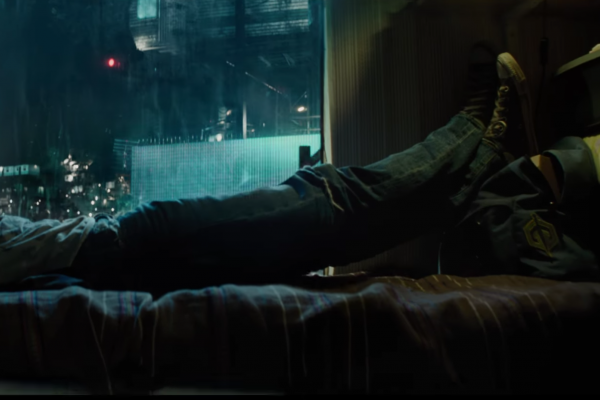Unfortunately, that’s not a sentiment shared by the rest of the film. In their quest, Wade and his friends display their encyclopedic knowledge of vintage pop culture as badges to be worn, or tools to be used, rather than pieces of personal meaning. At one point, Sorrento meets with Wade to try and win him over, spouting references fed to him by a lackey in another room. Wade calls his bluff, telling his enemy, “A fanboy knows a hater.” But it’s hard to see much of a difference between the two characters in that moment. They’re both using rote, memorized facts, rather than actual connection, to fuel their conversation and get what they want. The only difference is that Wade had to do the research on his own, while Sorrento has a team doing it for him.
Read the Full Article

